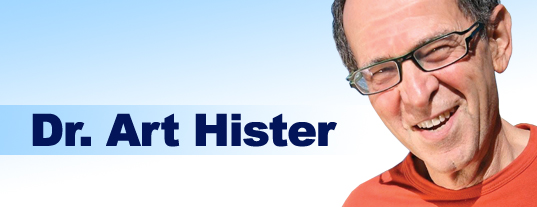
Although most cultures have long acknowledged that how “sick” we are is often a function of how we feel about the rest of our lives, i.e. that the mind and body are intimately connected, western medicine has been pretty sceptical about that link, mostly because it’s very hard to measure that kind of connection, and what scientists can’t measure, they generally ignore or even worse, disparage.
But the truth is that there is an intimate connection between “the head” and “the body”, and that connection is at the root of lots of what works and doesn’t work in medicine.
Take this very interesting study published recently in the American Heart Journal.
In this study researchers took 30 people who were suffering with chest pain and who were undergoing angiography (a procedure to check the state of the heart arteries), none of whom actually had significant heart disease, although they all thought that that in fact was the reason for their pain, and gave them all the same medication.
However, the researchers told half the patients that they were getting a drug that would not only relieve their pain, but that the drug would also improve their arterial function.
The truth, however, is that the patients were just being given a saline solution.
Not surprisingly, those people who were told they were getting an active drug not only reported a dip in the amount of pain they were suffering, but their arteries actually changed as a result of the suggestion that they were getting an active drug.
The control group had exactly the opposite reaction: they reported an increase in pain and their arteries changed in the opposite direction to the “suggestion” group.
In other words, expect a drug to work and it is very much more likely to work than if you go into the therapy expecting no results.

